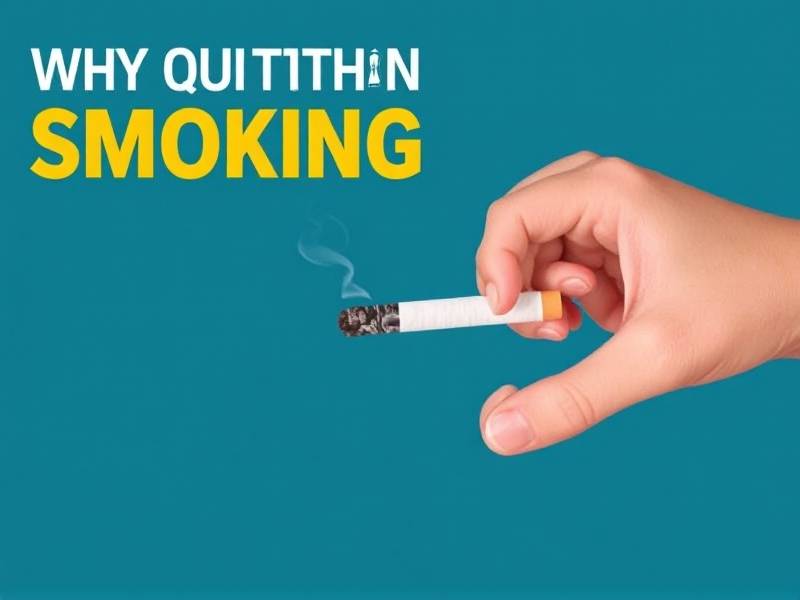Why Quitting Smoking Is Important: The Benefits You Can't Ignore
Why Quitting Smoking Is Important: The Benefits You Can't Ignore
Introduction: Smoking has been a pervasive habit for decades, affecting millions of lives globally. However, the detrimental effects of smoking on health are undeniable. This article delves into the importance of quitting smoking and highlights the numerous benefits that can transform your life.
I. The Urgent Need to Quit Smoking

-
Health Risks Smoking is a leading cause of preventable diseases, including heart disease, stroke, cancer, and respiratory conditions. It damages nearly every organ in the body and significantly reduces life expectancy.
-
Economic Impact The financial burden of smoking is substantial. Smokers spend thousands of dollars on cigarettes annually, not to mention the costs associated with smoking-related illnesses.
II. The Benefits of Quitting Smoking
A. Improved Health
-
Reduced Risk of Chronic Diseases Quitting smoking significantly lowers the risk of developing chronic diseases such as heart disease, stroke, and various types of cancer.
-
Enhanced Respiratory Function Within weeks after quitting, lung function begins to improve, making breathing easier and reducing the risk of respiratory infections.
B. Financial Savings
-
Cost-Effective By quitting smoking, individuals can save thousands of dollars each year on cigarettes and related expenses.
-
Investment in Health The money saved from quitting smoking can be used to invest in one's health through exercise, nutritious meals, or medical check-ups.
C. Personal Well-being
-
Better Quality of Life Quitting smoking leads to an improved quality of life by reducing stress and anxiety levels associated with nicotine addiction.
-
Increased Confidence Breaking free from nicotine addiction boosts self-esteem and confidence in personal relationships and professional settings.
III. Strategies for Successful Smoking Cessation

A. Seek Professional Help Consulting healthcare professionals can provide personalized support for quitting smoking through counseling or prescription medications.
B. Create a Support System Surround yourself with friends, family members, or support groups who will encourage you throughout your journey to quit smoking.
C. Identify Triggers and Develop Coping Strategies Identify situations that trigger your urge to smoke and develop healthy coping mechanisms to avoid relapse.
Conclusion: Quitting smoking is a crucial decision that can lead to significant improvements in health, finances, and overall well-being. Embrace the journey towards a smoke-free life by adopting healthy habits and seeking support when needed. The benefits you gain from quitting are well worth the effort it takes to quit smoking for good.
